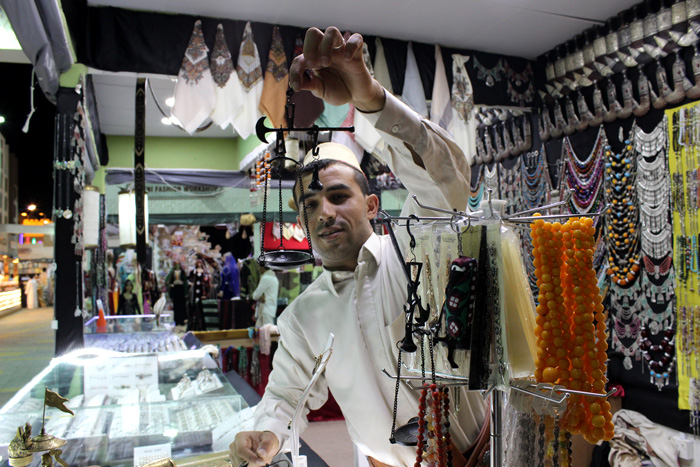Expat Guide to Living and Working in New York City
If you’ve ever dreamed about packing up your life and moving it to the Big Apple, then you’re not the only one. Like you, millions of people each year take the plunge and move overseas to see what New York offers. After all, NYC is America’s most prominent cultural hub. In fact, 25% of the city’s total labor force comprises immigrants pursuing the American dream. However, just because something happens frequently doesn’t mean you can accomplish it on your own. Allow our expat guide to living and working in New York City to help you take your very first bite out of the Big Apple.
New York City’s cost of living
According to several sources, an average trip to buy groceries may set you back between 28 and 39% more than the national average. Furthermore, going out to eat can be pretty expensive, and you might need to save going to the movies for special occasions. After all, NYC is infamous for being the most expensive city in the US. However, there are some simple ways you will be able to save some funds. For example, cooking at home, purchasing second-hand goods, and adopting a minimalistic lifestyle.
If you’ve never lived in the US, you will probably need to get accustomed to America’s quite different and complicated tax system. The US has three different types of tax systems: city, state, and federal. Depending on your occupation and rate of pay, tax is directly deducted from your salary. The IRS is in charge of keeping an eye on taxes and conducting audits to ensure they are being paid correctly. After citizens complete their annual tax reports by the 15th of April, taxes may be refunded or adjusted. If you’re a homeowner or have children, you may be able to get tax credits, so be sure to check with your local municipality.

Getting accommodation in New York City
The first step is getting accommodation that fits your needs.
Neighborhoods
As you may already know, New York City is divided into five distinct neighborhoods or boroughs – Manhattan, Brooklyn, Queens, Staten Island, and the Bronx. As prices in these neighborhoods increase, more and more people choose to relocate to those outside. Farther from the heart of the city. We recommend weighing the advantages and disadvantages of each neighborhood before settling on one that works for you.
Types of accommodation in NYC
In New York City, there are several housing possibilities. Some of the most notable ones are pre-war co-ops, townhouses, lofts, new construction condos, and single-family homes. No matter your preference, we are sure you will be able to find accommodation that works for you since there are so many different options available depending on the neighborhood.
Finding an accommodation
If you’re an expat who wants to reside in New York City, we advise you seek assistance from an agency. To do so, they may charge as little as one month’s rent or as much as 15% of a year’s rent. While at it, be sure to find credited local movers to make your move go smoothly. After all, it’s best to rely on experts if you want to get peace of mind knowing everything will go smoothly and you’ll be able to start your new life properly.
Furthermore, if you plan to live alone, consider your finances. Finding a roommate (or flatmate) can be more cost-efficient. Lastly, the real estate market in NYC can be quite competitive. And no matter if you’re interested in renting or buying, so be sure to immediately start the process of purchasing or renting a property before someone else takes it from right under your nose.

Finding work as an expat
Finding work as an expat is an essential part of this expat guide to living and working in New York City. This is because it’s incredibly easy to idolize the prospect of joining NYC’s labor force. After all, the city has one of the top financial centers in the world and the largest regional economy in the nation. However, expats should be prepared to enter a corporate atmosphere marked by fierce rivalry, high levels of stress, and long working hours.
The financial, healthcare, real estate, and technology sectors make up the foundation of New York City’s economy. There are also secondary sectors, including publishing, manufacturing, media, and trade. Businesses in New York will be able to provide generous incentives to those with in-demand skills and experiences. However, these jobs aren’t as easily accessible as they once were.
There are different ways you can look for jobs. Some of the most popular ways are the employment section in newspapers, online job portals, and available employment agencies. Make sure to negotiate a sizable salary package if relocating to New York to compensate for the high cost of living. Luckily, most firms will also provide a relocation fee for people moving to NYC in order to aid newcomers in overcoming this high cost of living.
Health insurance as an expat
Once settled in, you must prioritize finding health insurance that works for you. This is one of the most challenging aspects of moving to the United States. Their healthcare system can be confusing and different. Your employer will generally offer healthcare coverage for you and your family if you are moving for employment. It should be on an employer-sponsored visa. If you’re relocating for a different reason, you’ll be required by law to pay for your healthcare. And don’t forget about your pet, either! You must find an adequate veterinarian you can turn to for their annual checkups or if an emergency arises.

Getting accustomed to NYC’s way of life
Although a 9-5 job can be time-consuming and stressful, you must take the time to get accustomed to other things that make life in NYC that much better. It would be impossible to create an expat guide to living and working in New York City without emphasizing the “living part”. Get to know the city’s spectacular public transportation system. So you may use it to its full potential to see all the one-of-a-kind landmarks NYC has. Find new activities that will make you feel less burnt out, and try and enjoy your brand new life in New York City.
Photos credit : Pexels






